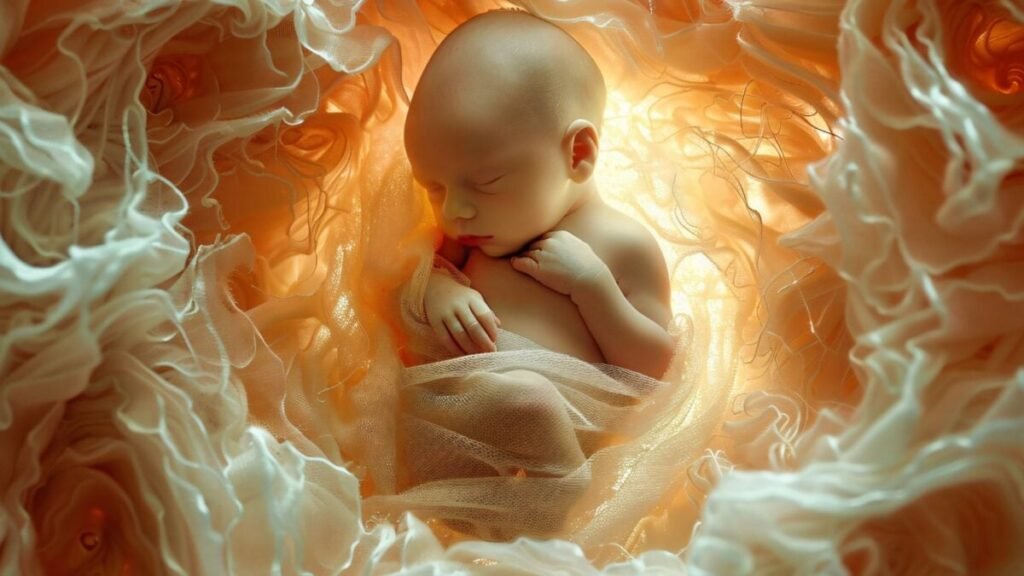The Quest for the “Ideal Child”: Exploring the Intersection of Science, Commerce, and Ethical Dilemmas

The emergence of designer babies: a new chapter in reproductive history
The advancement of genetic testing for human embryos, fueled by biotechnology and backed by tech giants in Silicon Valley, has brought the dream of selecting traits such as eye color, intelligence, and physical resistance for future children out of the realm of science fiction. This signals the beginning of the era of the designer baby.
From detecting mutations to predicting traits
Preimplantation genetic testing (PGT) initially focused on identifying severe hereditary mutations like cystic fibrosis in the 1990s. As technology evolved, it expanded to include the detection of chromosomal abnormalities and the ability to determine the sex of the embryo. The introduction of PGT-P marked a significant leap by analyzing hundreds of thousands of genetic variants to calculate risk scores for complex diseases or physical and cognitive traits. Today, sequencing the entire genome of an embryo costs only $600 and can be performed in private laboratories.
Companies leading the way
Companies such as Genomic Prediction, Orchid Biosciences, Nucleus Genomics, and Herasight are at the forefront of this genetic selection race. Their tests, which range from $3,000 to $50,000, promise to analyze thousands of genes associated with diseases, longevity, physique, and intelligence. For example, Orchid, founded by Noor Siddiqui and backed by influential figures like Vitalik Buterin (Ethereum) and Brian Armstrong (Coinbase), provides reports that sequence 99% of the embryonic DNA. Nucleus Genomics claims to predict the risk of over 2,000 disorders, from myopia to insomnia.
Ethical concerns and the shadow of eugenics
Despite the tech enthusiasm, the scientific community remains cautious, citing the lack of solid evidence regarding the rapid advancement of reproductive genetics. The rise of genetic selection has revived concerns related to eugenics, raising questions about the potential creation of a genetic aristocracy and the reinforcement of prejudices through the classification of traits like intelligence within a genetic ranking.
An uncertain future: the need for regulation
New techniques like in vitro gametogenesis may further complicate the ethical landscape by allowing the creation of numerous embryos from adult cells, leading to dilemmas in selecting the “optimal” one. While some countries have regulations prohibiting the selection of non-medical traits, others lack such guidelines, resulting in a global grey market. The absence of uniform rules from governments or international organizations, coupled with the lack of studies on the long-term effects of genetic selection on children, highlights the need for increased regulation and ethical reflection in the face of advancing reproductive technologies.
The unanswerable question
As the pursuit of the “perfect baby” unfolds, a fundamental dilemma emerges: to what extent should humans control their own evolution? With the genome becoming a commodity, the distinction between medicine and design becomes blurred. Perhaps the true challenge lies not in determining how to edit life, but in grappling with the fundamental question of why we should do it.






